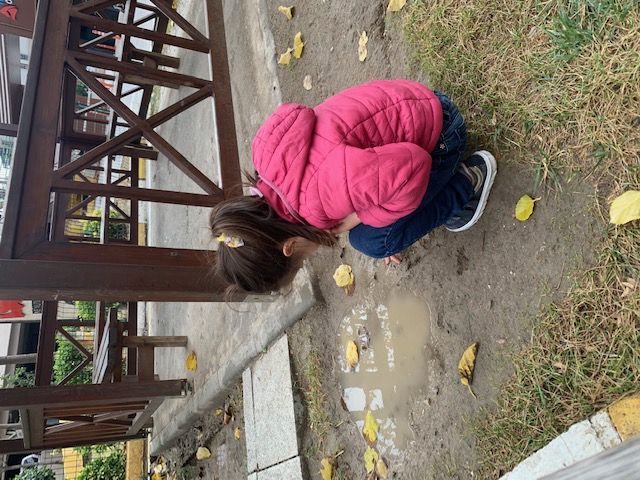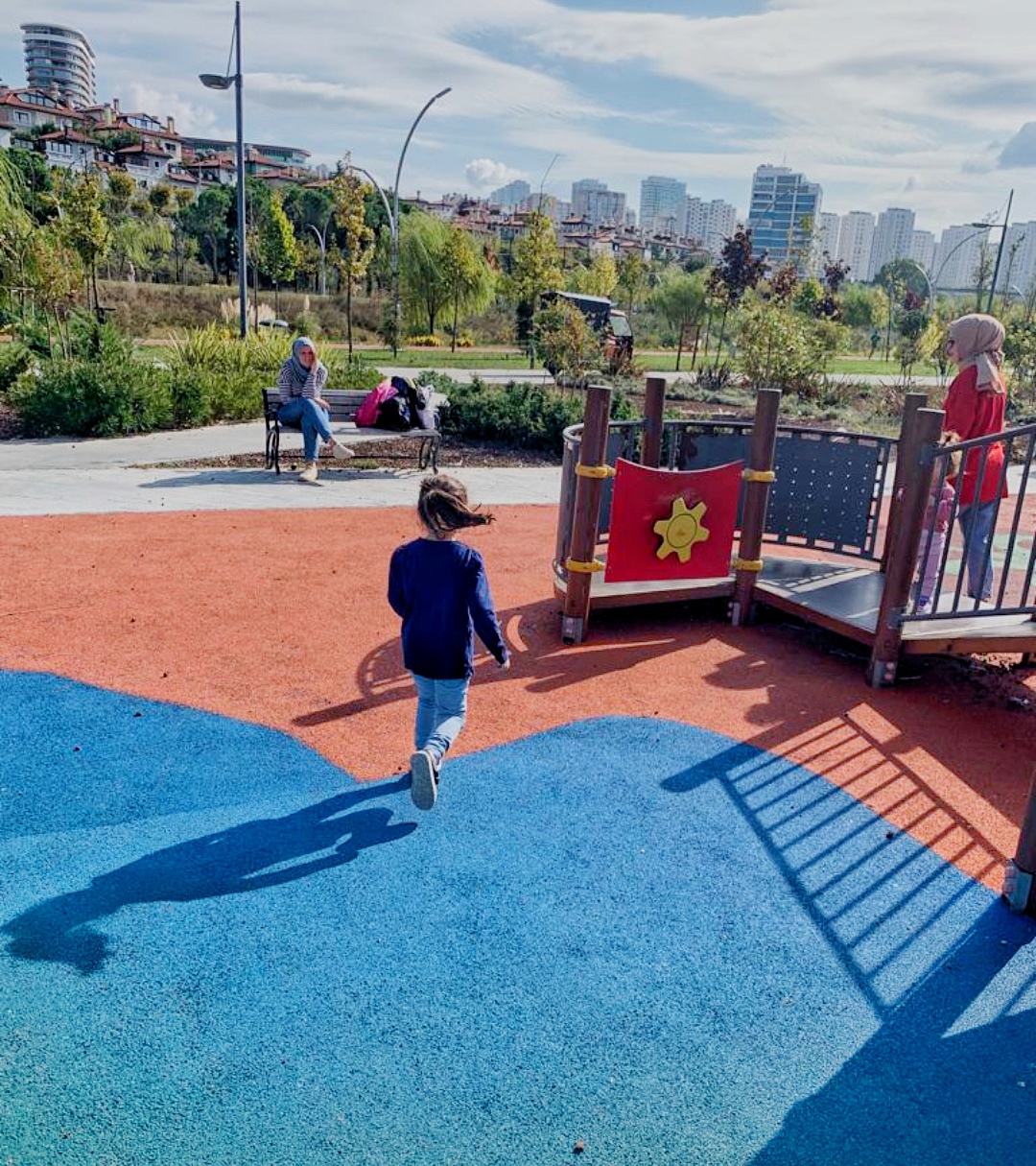
Transitions and why they are hard for kids
The majority of people would love to control and predict people and events around them. Needless to say, things cannot be controlled and outcomes cannot be so easily foreseen. And this is the adults we are talking about. But what about the kids and their sense of control?
Well, for a start, years and years of experience made us resilient and we developed our coping mechanisms. Kids are yet to be learned those essential life skills and even for us grown-ups sometimes things and situations in our lives are very hard to navigate. We are emotional, but we do want to learn how to manage those emotions. As parents, it is our duty and one of the most important jobs to give our kids opportunities where they will learn and grow. Self-regulation cannot be accomplished without co-regulation. Simply said, whenever my child is having tough moments and seemingly difficult situations I must be there for him to navigate those unpleasant feelings. Transitions are one of those life situations where our kids will most likely need our help.
Here are two things to consider when talking about kids and transitions: control and cognitive development. That is the reason why a child might throw a tantrum when leaving the playground, especially smaller kids with poor coping skills and brains not fully developed and with very little sense of self-control. Actually, when we think about it, kids must feel all the time like someone is telling them what to do. No wonder they defy and rebel. That is because they feel they have so little power, they feel like they don’t have control over their environment and they cannot predict what is next. Routines, giving choices and making plans with our kids can make wonders when it comes to reducing tantrums and making kids more cooperative.
The latter is a matter of neuroscience. Their brains (prefrontal cortex where all the rational thinking occurs) are simply under development and by repeating certain patterns we can reinforce connections between neurons and our kids in the future will automatically follow these learned patterns. It takes time, patience and a lot of empathy from our side because some kids never learn these essential skills and as adults are not able to self-regulate. And what is this self-regulation that we all mention so much? That means that I as a parent am raising a child who will be able to find the correct ways to cope with whatever situation he finds himself in. It simply means that there is a difference when a child drops accidentally an ice cream and doesn’t have a meltdown but instead asks for a new one, and a child who will immediately have a tantrum and poorly manage their feelings. Both kids will probably be sad and upset but the way they manage and process their feelings will set the tone for the future (unwanted) events.
It is very challenging to be there for our kids when they are at their worst – because if we are breaking generation cycles and trying to be mindful parents, chances are that we will discover so much more about ourselves and that by raising our kids we will learn once again how to deal with our own emotions. It is not an easy job, but it is a rewarding one. So hold on to your kids and if you meet them at their worst they will learn how to be loved and accepted no matter how they behave or feel. All of this will result that a child will have more self-confidence, self-esteem, have less mental disorders, more academic success, healthy relationships in adulthood and overall, being an emotionally intelligent individual.

Punishment based discipline
You May Also Like

Why do kids act out?
October 12, 2022
10 affirmations to tell yourself every day
June 30, 2024
3 Comments
EsbeFem
Cool + for the post
X22bum
Hey people!!!!!
Good mood and good luck to everyone!!!!!
umer23bum
Hello.
Good luck 🙂